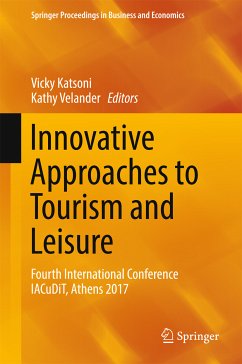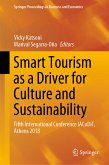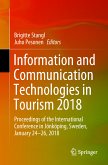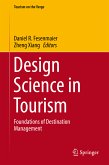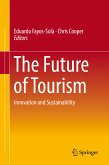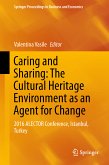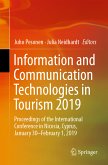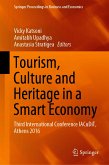This book examines the many ways in which innovative technologies represent a powerful development tool for the tourism and leisure sector and presents novel strategies based on these technologies that foster sustainable tourism management and promote sustainable destinations. The aim is to elucidate the ways in which ICTs can be used to create a high-quality experience for citizens and visitors while ensuring the wise, ecologically sound management of human and natural resources. Attention is also focused on the globalized environment in which these advances are occurring, and on the impacts of broader social, economic, and political forces in transforming our understanding of "tourism" in the era of online devices. The book is based on the proceedings of the Fourth International Conference of the International Association of Cultural and Digital Tourism (IACuDiT) and is edited in collaboration with IACuDiT. It will have broad appeal to professionals from academia, industry, government, and other organizations who wish to learn about the latest perspectives in the fields of tourism, travel, hospitality, culture and heritage, leisure, and sports within the context of a knowledge society and smart economy.
Dieser Download kann aus rechtlichen Gründen nur mit Rechnungsadresse in A, B, BG, CY, CZ, D, DK, EW, E, FIN, F, GR, HR, H, IRL, I, LT, L, LR, M, NL, PL, P, R, S, SLO, SK ausgeliefert werden.
Hinweis: Dieser Artikel kann nur an eine deutsche Lieferadresse ausgeliefert werden.

